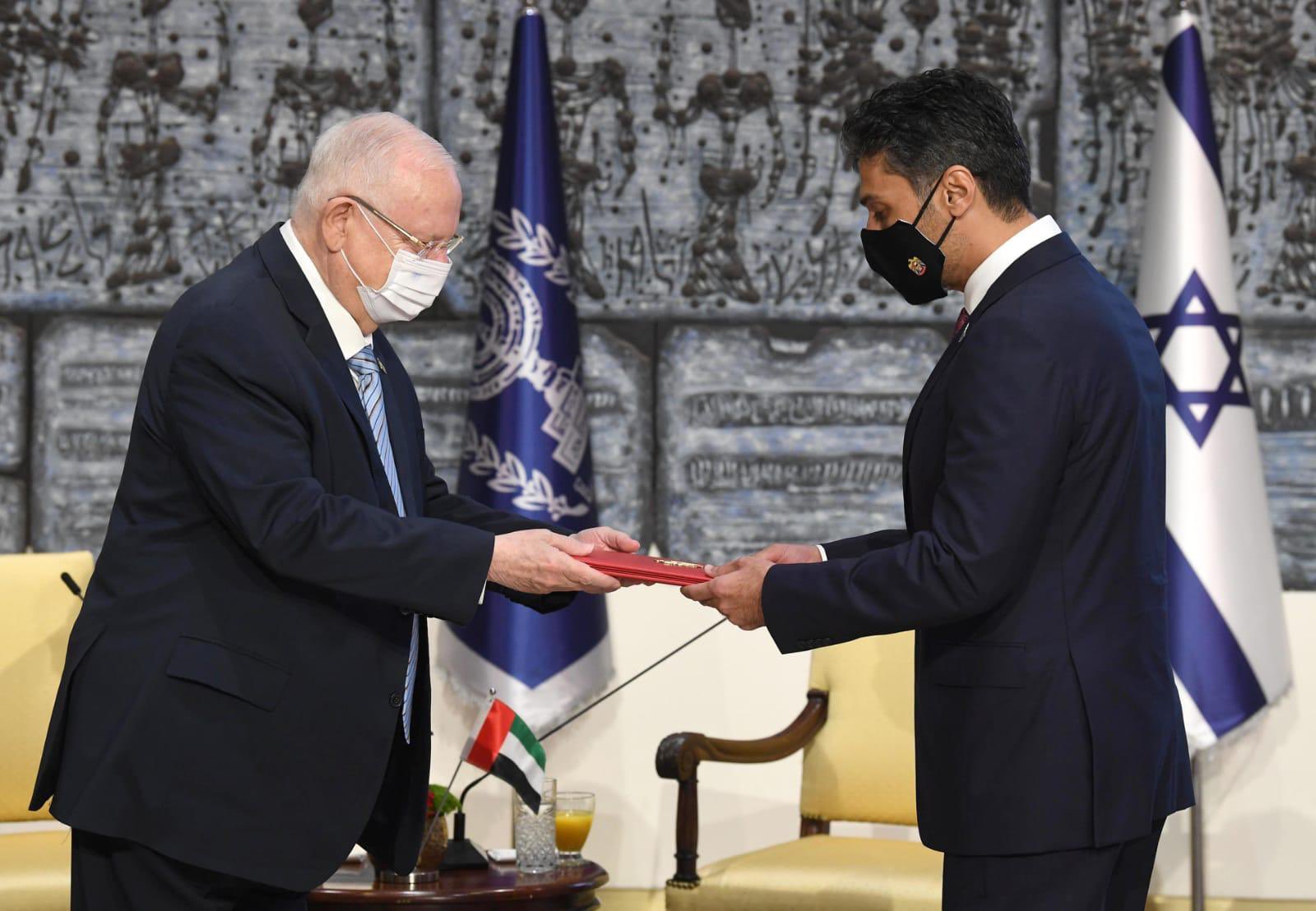Why the Left struggles on the Israel question - opinion
These debates on the role of the Jewish people and Israel in the global scheme does not take into consideration a second factor: internal tensions within the Left. The initial development of Israel as a social-democratic state with some revolutionary implementations of socialist practice via the kibbutz movement made the country a beacon for the labor-movement oriented Old Left in the West, but the sudden creation of the New Left in the 1960s, which emphasized Third Worldism, reshaped that perception. Israel’s miraculous victory in 1967 cemented the changed perception and split between the Old and New Left.Jewish Voice for Peace fights to preserve anti-Zionist hatred online
While the initial perception of Israel among the Old Left was that beleaguered social-democratic state surrounded by reactionary Arab regimes, the Six Day War, leading to the capture of Jerusalem and West Bank, paved the view in the New Left of a Western state with irredentist goals. Where one stands in the current makeup of left-wing political parties, whether Old or New Left, inherently shapes your perception of Israel.
The left-wing debate over the 1967 war, as a justified war of defense or conquest, is another fundamental point of contention the Left currently struggles with. The change could be seen in the UK Labour party, initially dominated by the Old Left and strongly supportive of Israel up until the 1980s, then following the Blair era, becoming increasingly supportive of radical anti-Zionism, hitting its peak with Jeremy Corbyn. The same struggle today can be seen within the two camps of Antifa in Germany, the fiercely Zionist anti-Germans and the dominant anti-imperialist camp that is also anti-Zionist. It remains unclear if the US Democratic Party will follow the same path as Labour, but the split does exist, between the weaker democratic-socialists and liberal/moderate factions of the party.
The group Jewish Voice for Peace (JVP) claims to oppose bigotry and to support security and self-determination for both Israelis and Palestinians. But a new campaign JVP has joined aims to block rumored plans by Facebook to add the term "Zionism" to its hate speech policies. Zionism is the belief in Jewish self-determination in their ancestral homeland: In other words, supporting Israel's right to exist.Alexander Joffe: IHRA Definition of Antisemitism Becomes a BDS Battleground
"@Facebook is considering whether to treat 'Zionist' as proxy for 'Jew' in its hate speech policy," JVP tweeted last week during a Twitter town hall. "This would make 'Zionist' a de facto protected category, letting FB shut down critical conversations about Zionists under the guise of fighting antisemitism."
"If @Facebook restricts use of the word 'Zionist' on its platforms, already severe censorship will grow," the anti-Semitic BDS Movement also wrote during the Twitter town hall. "Palestinians will be blocked from describing our daily lives under Israeli apartheid, and our family histories of dispossession and military occupation."
An anonymous Facebook employee sent out an email detailing how the social media company should moderate anti-Semitism on its platform, technology news website The Verge reported in November. A Facebook spokesperson told The Verge that the term Zionist is removed from its platform if and when it is used as a proxy for anti-Semitism.
"We are looking at the question of how we should interpret attacks on 'Zionists' to determine whether the term is used as a proxy for attacking Jewish or Israeli people," the Facebook employee wrote. "The term brings with it much history and various meanings, and we are looking to increase our understanding of how it is used by people on our platform."
JVP joined the campaign opposing the policy, "Facebook, We Need to Talk." It has received support from nearly 52,000 people. It claims that the social media giant may decide on a policy this month. JVP will be on board to virtually deliver the petition to Facebook during a webinar this week.
Pushback against the IHRA definition of antisemitism also intensified in February. A discussion hosted by the leading BDS organization IfNotNow laid out the stakes, stating, “the IHRA definition of anti-Semitism has been destroying the progressive movement.”
Angrily claiming that BDS and hatred of Israel are not antisemitism despite overwhelming evidence to the contrary, various “human rights” groups such as Human Rights Watch and Amnesty International and Jewish groups such as J Street, the New Israel Fund, and American Friends of Peace Now, use opposition to IHRA as a means to consolidate institutional power, split Jews and liberals, and legitimize opposition to the definition.
Misrepresenting the IHRA definition is critical to this approach — especially in higher education. At Syracuse University, a motion in the student government to adopt the IHRA definition was tabled due to allegations that it conflated antisemitism and anti-Zionism.
At University College London (UCL) the student union rejected calls for the university to rescind its adoption of the IHRA definition. Jewish students also complained that the debate had been scheduled for Holocaust Remembrance Day. In contrast, a faculty board at UCL rejected the definition, demanding the administration “retract and replace [IHRA] with a more precise definition” that presumably does not include mention of Israel. The faculty decision prompted the angry resignation of a faculty member specializing in antisemitism, who accused some of his colleagues in Jewish Studies of spearheading the assault on the IHRA definition.
Other examples in the UK include Bristol University professor David Miller, who has a long history of antisemitic abuse of students and overt anti-Israel hatred. Most recently, Miller was condemned by students, the university, and others for demanding “the end of Zionism as a functioning ideology” and for alleging that “Jewish students on British campuses [are] being used as political pawns by a violent, racist foreign regime engaged in ethnic cleansing,” and that Jewish student “lobbying for Israel is a threat to the safety of Arab and Muslim students as well as of Jewish students and indeed of all critics of Israel.”
An American counterpart to Miller is Marc Lamont Hill of Temple University, who claimed that the Black Lives Matter movement supports the “dismantling of the Zionist project.” Hill also stated that Israel was a “settler-colonial movement in Palestine” which was responsible for police violence in the US.
































.jpg)



.jpg)
